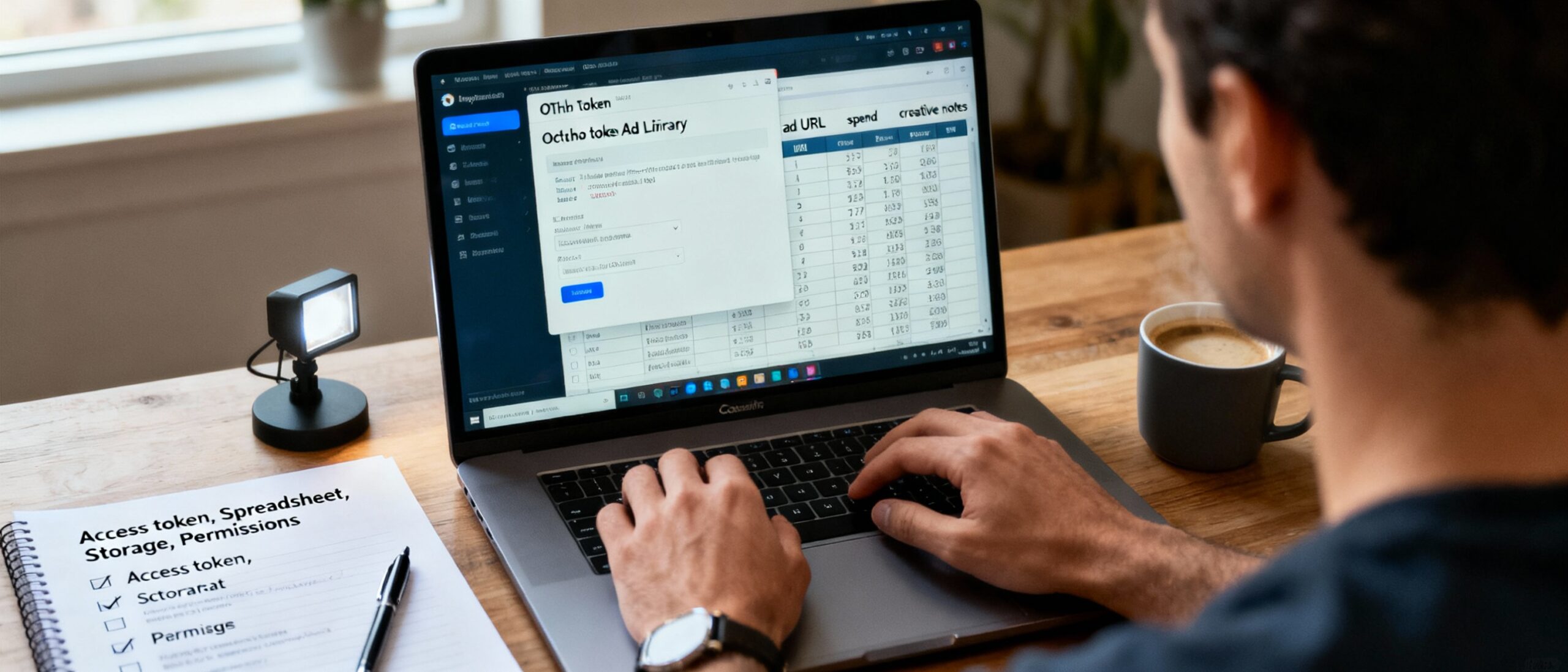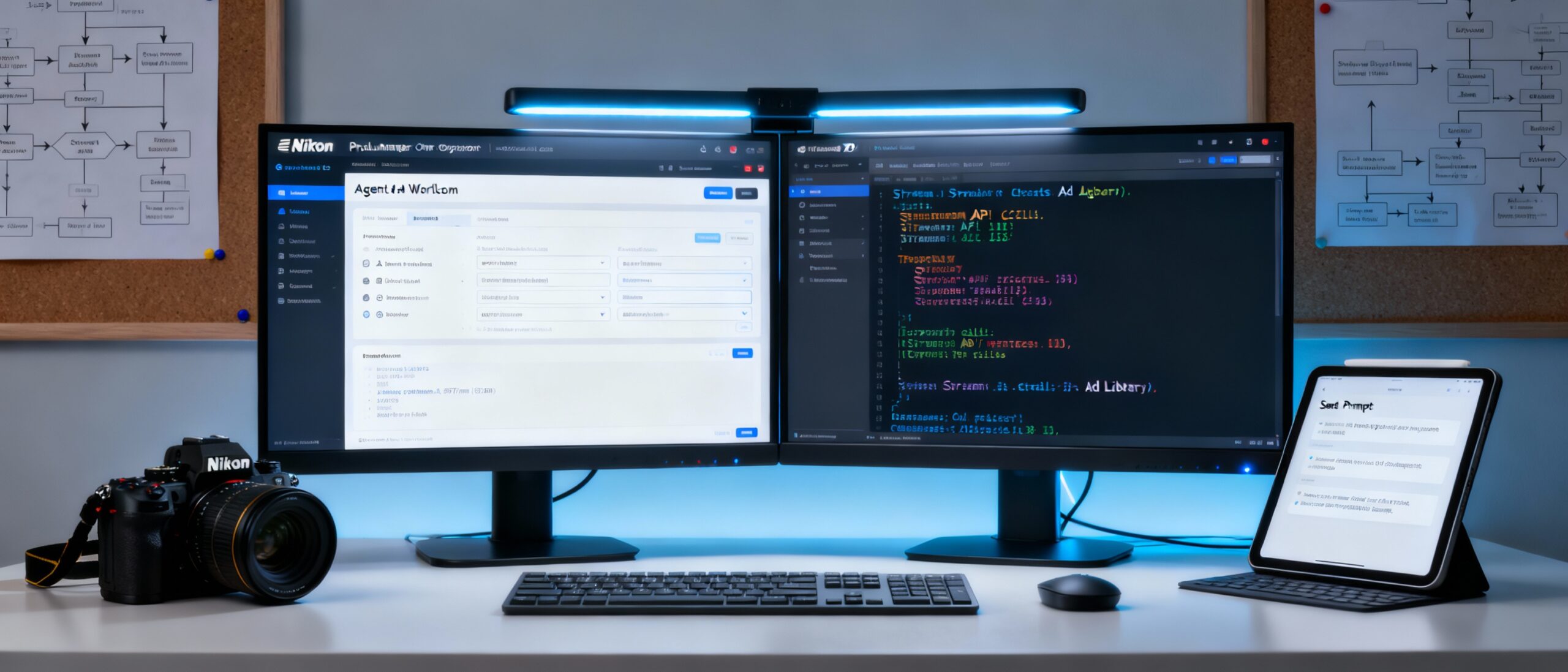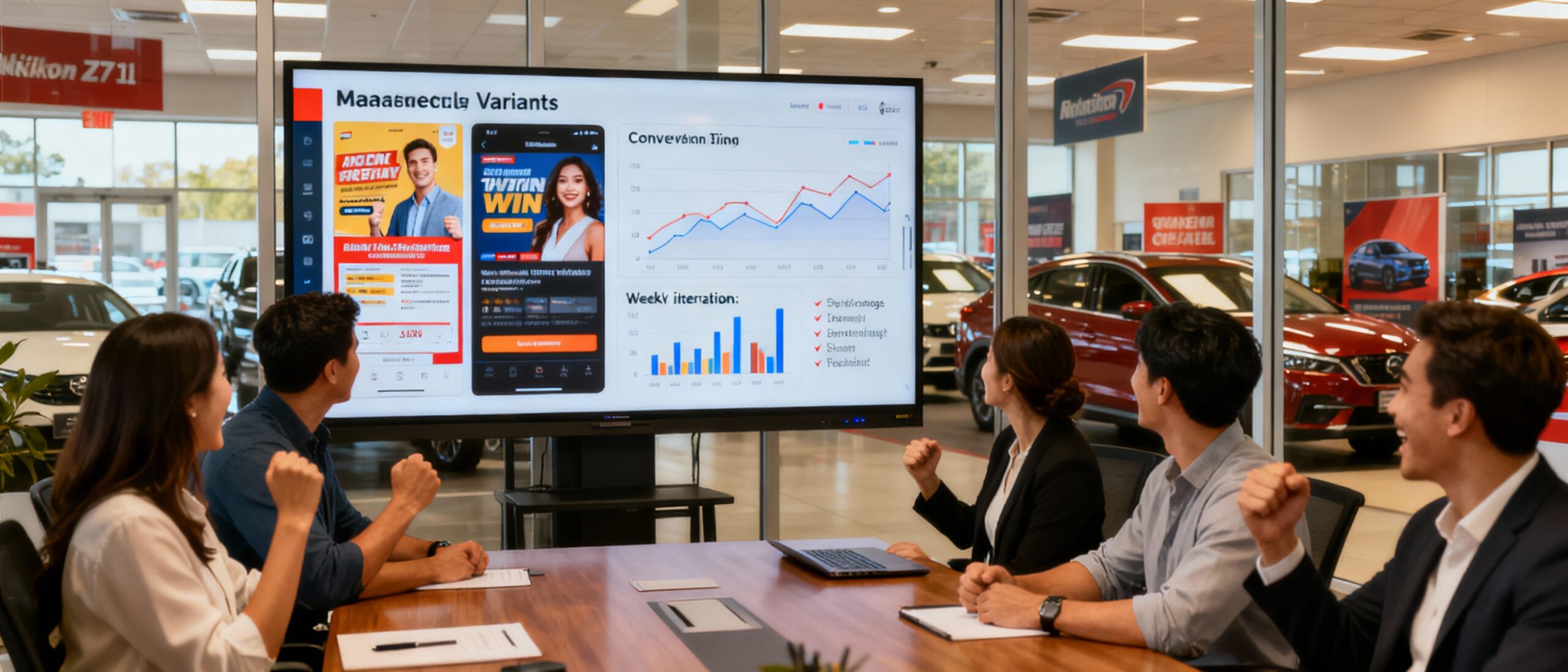MARKETING
2025 ★
AI-POWERED FACEBOOK ADVERTISING
How to Use Facebook's Ad Library API to Create Winning Ads for Any Niche
Prerequisites and Setup
If you've ever wondered how top brands keep winning on Facebook and Instagram, the answer is simple: they analyze what works, then scale it with AI. In this tutorial, you'll use Facebook's Ad Library API plus practical AI workflows to reverse-engineer high-performing ads, generate new creative on demand, and launch tests with confidence—no guesswork required.
Essential Tools and Resources
- Facebook Developer account and Ad Library API access token
- Spreadsheet tool (Google Sheets, Airtable, or Excel) or a basic database
- Optional scripting environment (Python or Node) for batching queries
- An AI writing and image tool (your favorite model is fine)
- A project space in ezwai.com or similar to coordinate AI Agents
- Clear business goals and 2–3 priority audiences
Before you start, set up access to the Facebook Ad Library API and prepare a lightweight analysis stack. You don't need to be a developer to follow along, but you do need an access token and a place to store and review data.

The 12-Step AI Workflow
This section gives you a field-tested process—twelve steps from discovery to deployment. You can run it manually or assign pieces to AI Agents inside ezwai.com to keep everything moving while you focus on strategy.
The Complete Process
- Define your niche and goals
- List research queries
- Pull data from the Ad Library API
- Export and back up
- Standardize and tag
- Cluster with AI
Work through each step in order. When you see a step mentioning an AI prompt, save it; you'll reuse and refine these over time. The outcome of this loop is a shortlist of ad concepts proven by competitive patterns, translated into original creative assets tailored to your audience and brand.

Warnings and Troubleshooting
Mind platform policies. Avoid forbidden claims (especially in health and finance), and never imitate competitor trade dress. Build original assets informed by patterns, not copies.
Don't overfit to one competitor. Pull from multiple pages and themes so your creative stands on broader, more durable insights.
Getting sparse results? Broaden search terms, add adjacent niches, or expand countries and languages—then translate with AI and re-cluster. Creative feels generic? Add specific proof (numbers, timelines, testimonials) and use UGC-style briefs to anchor scripts in real customer situations.

Real Dealership Results
Real-world teams are already combining AI and the Ad Library API to outpace their markets. The pattern is consistent: study competitive signals at scale, generate focused variations, then iterate weekly.
Optimization Strategy
Break ads into building blocks: hook, value prop, proof, offer, CTA, and visual. Test one block at a time so you can tell what caused the lift. Use AI to propose new hooks from top-performing clusters while keeping safety rules in the prompt.
In saturated spaces like fashion, wellness, and B2B SaaS, this workflow reveals hooks and visual styles that convert. AI turns those insights into dozens of on-voice variants you can deploy and refine fast. Expect to see stronger click-through rates and lower cost-per-click as you align creative with patterns the market is already rewarding.
Measurement and Iteration
Track CTR, CPC, CPA/ROAS, frequency, and comment sentiment. Watch for early signals: a strong thumb-stop rate but low CTR often means your hook works but the CTA or offer doesn't. Automate "AI employees" to pull results daily, summarize by concept, flag fatigue, and draft next tests.

Optimize, Launch, and Iterate for Growth
Ship, learn, and adjust. Use short feedback cycles to evolve creative toward your goals while keeping budgets efficient. Think beyond ads: feed winning hooks into landing pages, product copy, and organic posts. This is AI Content Marketing in action—one insight powering many assets.
Governance and Ethics
Build a review checklist for claims, disclosures, and brand voice. Keep a log of prompts and decisions so you can explain changes and reproduce success. Use competitive data responsibly. The goal is to learn from the market, not to mimic competitors.
At launch, keep variables tight: one objective, consistent audiences, and clean naming. Use AI automation to generate daily summaries of key metrics and recommend next tests. Recycle winners across placements and turn strong primary text into headline variations.